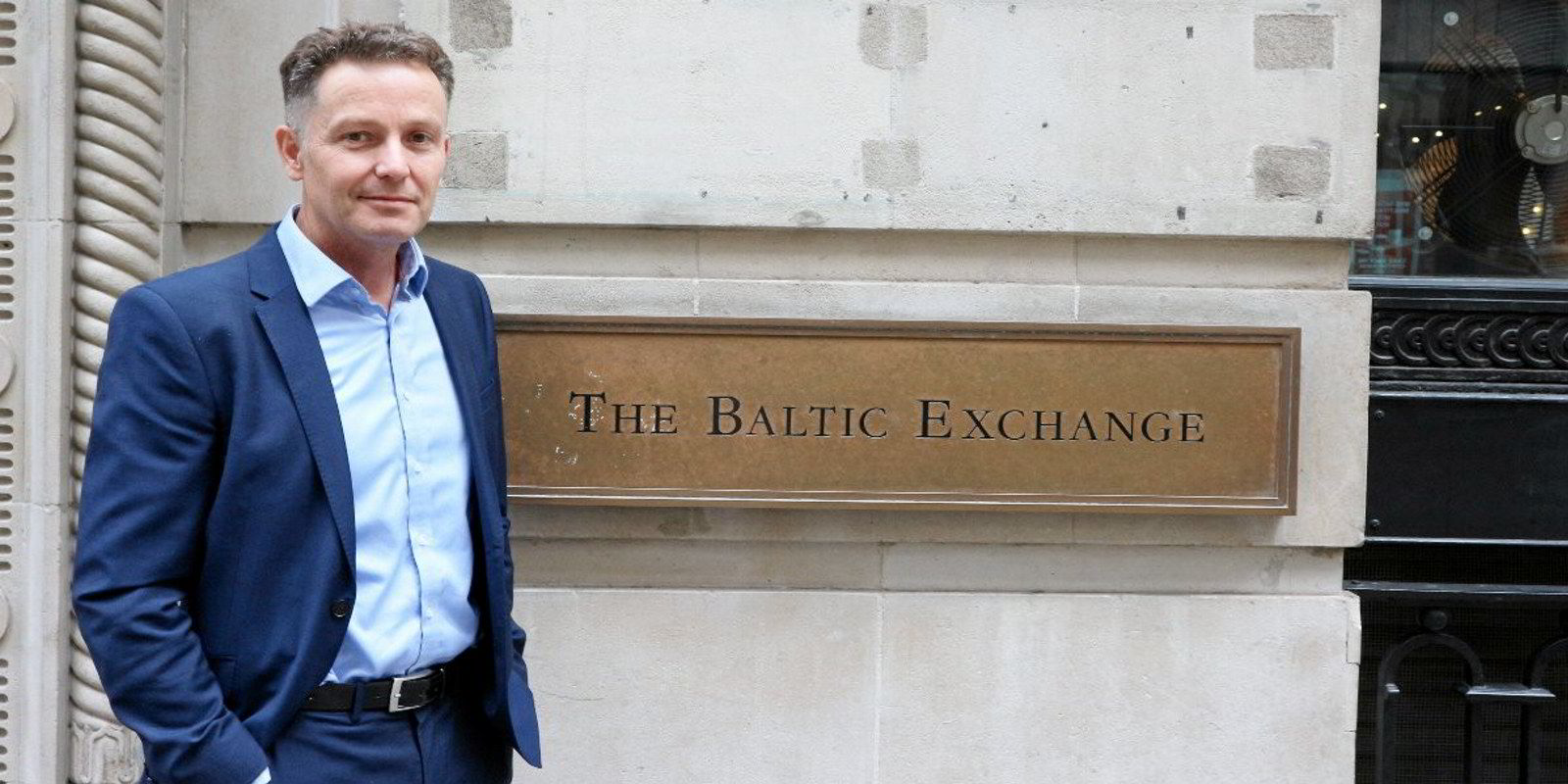Can the modern, commercially operated Baltic Exchange still command respect as a neutral and trustworthy platform for commercial information? Not all brokers think so. In Shanghai, a community of local brokers believe their trust has been manipulated. Many of them indicate in strong terms a deep disillusionment with the Baltic’s motto, “Our Word Our Bond”.
Early this year, representatives of the Baltic approached the Shanghai-based China Newbuilding Price Index (CNPI) about a possible cooperation in a new index that would expand the suite of products offered by the Singapore Exchange-owned Baltic. (The story was first reported in July by Lloyd’s List.)
The CNPI, which, like the Baltic, supplies market information to TradeWinds, has used a panel system to gather intelligence about Chinese newbuilding activity and compile a price index since its foundation in 2011. Represented on its current panel of 21 Chinese newbuilding brokers are independent Chinese shops, as well as local newbuilding specialists with global houses.
What happened after the Baltic overtures is partly clear — the mooted deal is definitely off — and partly in dispute.
But several CNPI panellists and founder Liu Xunliang have told TradeWinds the Chinese side was asked for and disclosed detailed technical information about its methods. They believe the CNPI’s trust was then misused and a good-faith $100,000-per-month offer was ignored while the Baltic began trying to recruit its broker panellists behind its back.
They also believe Chinese newbuilding brokers will maintain their loyalty to the CNPI, and doubt the Baltic will be able to reproduce the Chinese brokers’ depth of insight into the commercial facts of domestic shipbuilding.
The Baltic newbuilding product will use a panel of six, and TradeWinds understands that only Arrow Shipbroking plans to participate on both sides, under an arrangement that the CNPI is reviewing.
Baltic chief executive Mark Jackson sees the matter differently from the CNPI panellists.
He declined to be interviewed but, in a statement through a public-relations firm, he indicated that the Baltic has its own needs and methods, and wants to offer a new and distinct product to cover Chinese, South Korean and Japanese shipbuilders — albeit one without the same level of detail the CNPI provides.
He characterised the planned product as “for a global audience”.
“[The] Baltic is not looking to replace or compete with CNPI, which has a solid following in China,” the statement read.
“We had exploratory discussions to partner with CNPI, a well-regarded organisation that publishes a detailed set of assessments covering the price of vessels built in a variety of Chinese yards.
“However, the Baltic Exchange requirement is for a standard set of data that is easier to administer, using fewer brokers who are already authorised to provide prices to us and no specific building yards.”
Regulatory obstacles stood in the way as well, involving the UK’s Financial Conduct Authority.
“[Working] with CNPI on this occasion and using their methodology would have required a restructuring of the way in which their indices were made, something which would not be practical,” Jackson said through the prepared statement.
It has been six years since the members of the Baltic sold the business to the Singapore Exchange, making a commercial operation of what started as an informal club — maybe a little like today’s Shanghai Shipbrokers’ Club, of which most CNPI participants are members.
Over centuries, the job of the Baltic and its predecessors has always been about promoting professional trust and cooperation among fiercely competing commercial actors in a global business, and extracting from them information that all players can rely on.
Over centuries the job of the Baltic Exchange and its predecessors has always been about promoting professional trust and cooperation among fiercely competing commercial actors in a global business
Those goals have not been outgrown.
It is nearly three centuries since commodity traders, later joined by shipowners and brokers, recognised that their private, fragmented and intensely competitive business required a common forum to reach over the natural and necessary barriers among them. The solution was to create not just an organisation but a culture of sharing information for the general benefit while preserving privacy at the level of the individual transaction.
Is that kind of enlightened commercial self-interest still possible when the information being shared is a commodity to be packaged and sold?
In China, the Baltic may have undermined the trust that such a thesis requires.





